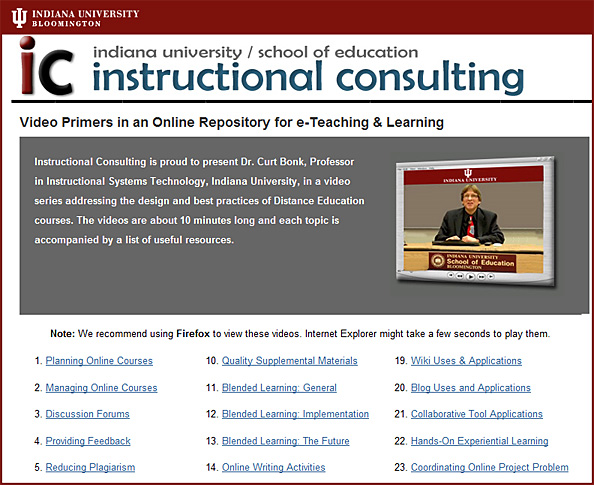Watch out for the digital trees — from odysseyware.com
For the first time ever, iNACOL (International Association for K-12 Online Learning) teamed up with the SREB (Southern Regional Education Board) to honor an “outstanding online teacher for exceptional contributions to online K-12 education as the nation’s K-12 Online Teacher of the Year.”
Teresa Dove, a Virginia math teacher, was chosen from more than 50 nominations of online educators in public schools and state virtual schools nationwide.
Dove said after receiving the award that teaching online allows her to spend much more time working individually with students than she did previously in a traditional classroom. Spending only a moment with students in a traditional classroom is “not enough, and our kids deserve better,” she said.
What struck me most about this award, was the advice Dove offered to online teachers as reported in an article from eClassroom News. When asked about her success, she didn’t talk about technology or the way to deliver information in an online format. She didn’t talk about how to create lessons that “translate” in the digital format.
She offered five lessons – practices – that make her effective. All of them were about relationships.
More here…










